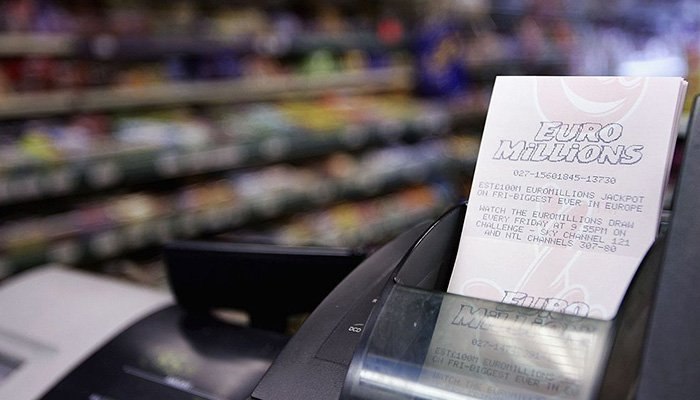Despite a slew of new ways to gamble, the lottery still reigns supreme in the United Kingdom.
According to YouGov data, about two in five UK adults have bought a National Lottery ticket in the last 12 months either in-person (41%) or online (44%).
That’s substantially more than any other gambling activity.
What keeps people coming back? And perhaps more importantly, what is stopping others and how can the industry find growth? YouGov data sheds light on those questions.
For starters, let’s look at those who have played some form of lottery in the last 12 months and why they play. Three out of five in this group say they play because they want chance to win big (59%). However not everyone wants to win big, as 17% say they play because they want to win smaller prizes, more often.
A substantial number say that they like that some of the cost of their ticket goes to charity (31%). The National Lottery, for instance, has tapped into this feeling, reminding consumers about the good causes funded through the lottery on a regular basis.
For some, it has become a ritual, as a quarter say they play simply because they’ve been playing for a long time (25%).
Not to discount those who play in groups, 8% say they play along with family, friends or work colleagues and 6% of those who have picked up a ticket in the last year say they did so because they’ve been feeling lucky recently.
While lottery tickets are popular in the UK, players skew older. While 48% of Brits over the age of 51 have bought a National Lottery ticket in the last year, that number drops to 43% among those 30-50, and drops even more significantly to 19% among those 18-29.
To find out how to grow this industry, we must look at why people aren’t playing.
For starters, 57% of adults in the UK how have not played the lotto in the last year say the chances of winning are too small, suggesting it’s not worth their time. A reminder of the odds of winning along with an emotional pitch about life with more money has proven successful. Relatedly, two in five say they’d rather spend their money in other ways, like giving directly to charity (40%).
Lottery firms may also want to highlight low-cost games, as 22% of this group say it’s too expensive.
A notable proportion say they’re worried about gambling becoming a habit. Lottery companies may want to act proactively and promote safer gambling. In the United States, for example, FanDuel enlisted well-known radio host Craig Carton as its’ first national responsible gaming ambassador. FanDuel says its approach includes advocacy, prevention, and awareness.
Crucially, 9% of this population say they don’t play simply because have never played before; marketers ought to look closely at this easily targeted demographic for growth. Younger consumers aged 18-24 are overrepresented in this group.
Rounding out our list of reasons why Brits don’t play the lottery include that it’s against religious or cultural beliefs (7%) and friends, family or colleagues don’t play (3%).
Another 7% say they’re not sure why they don’t play.
As the contract to run the National Lottery is currently under review, YouGov’s insights into the gambling industry could be the key to growing the number of players in the UK.








